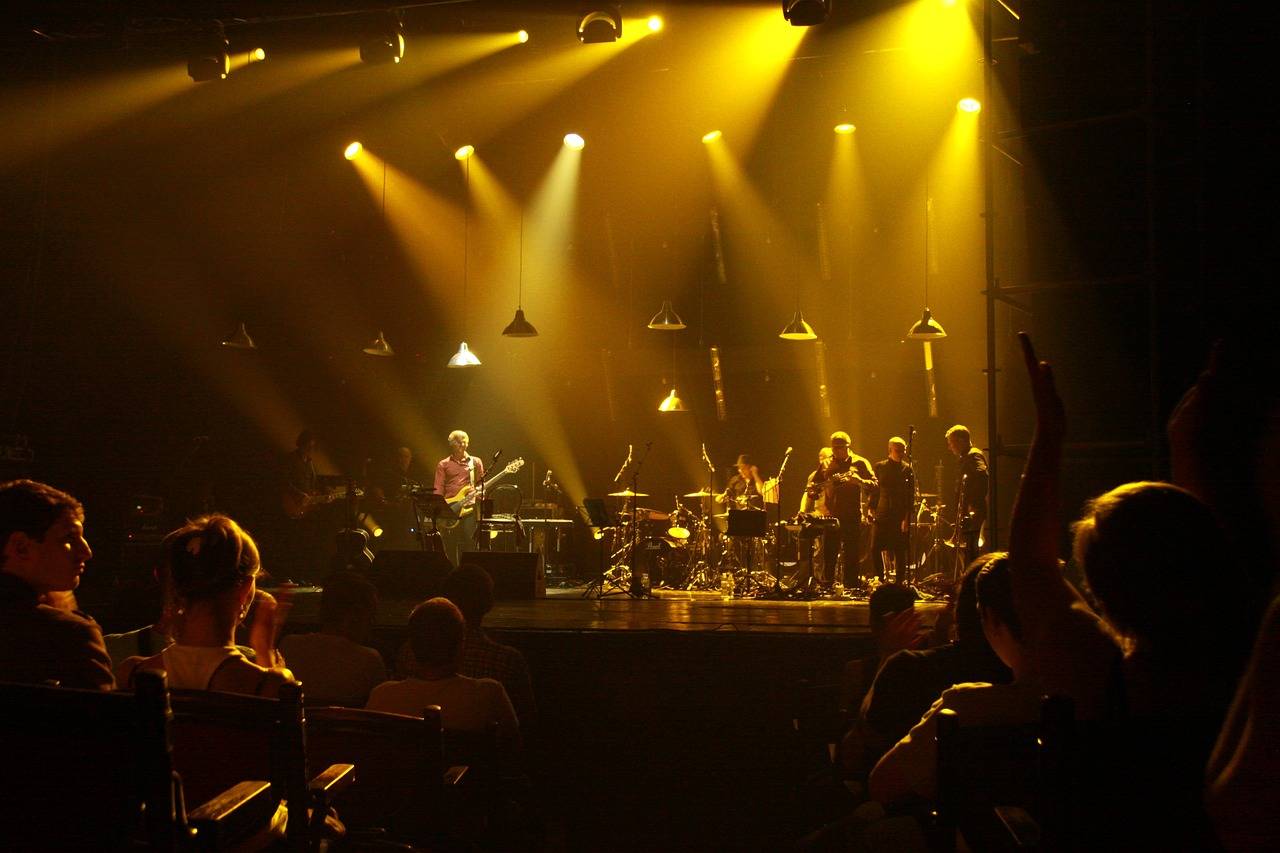Evolution of Entertainment Technology in the Last Decade
Streaming services have revolutionized the way people consume entertainment in recent years. With the convenience of accessing a vast library of movies, TV shows, and music at their fingertips, viewers are no longer tied to traditional cable subscriptions. The rise of platforms like Netflix, Hulu, Amazon Prime Video, and Disney+ has created a shift in audience behavior, with many opting for on-demand content over scheduled programming.
The appeal of streaming services lies in their flexibility and personalization. Viewers can choose what to watch, when to watch it, and on which device to watch it. This freedom allows for a more tailored entertainment experience, catering to individual preferences and schedules. Additionally, the original content produced by streaming services has garnered critical acclaim, further solidifying their place in the entertainment industry.
Virtual Reality and Augmented Reality in Entertainment
Immersive technologies like virtual reality (VR) and augmented reality (AR) have revolutionized the entertainment industry in recent years. These cutting-edge technologies transport users to alternate realities, providing them with an unparalleled level of engagement and interaction. From virtual concerts and interactive gaming experiences to AR-enhanced storytelling, VR and AR are reshaping the way we consume entertainment.
The integration of VR and AR into entertainment has opened up a world of possibilities for creators and audiences alike. In the realm of gaming, VR headsets allow players to step into the shoes of their favorite characters and experience game worlds like never before. Similarly, AR applications bring elements of the digital world into the physical world, offering unique opportunities for immersive experiences in areas such as live events, theme parks, and museum exhibits.
Impact of Social Media on Entertainment Consumption
Social media has undeniably revolutionized the way people consume entertainment in the digital age. With platforms like Facebook, Twitter, Instagram, and TikTok at their fingertips, users have immediate access to a vast array of content, from live streams and user-generated videos to official trailers and exclusive behind-the-scenes footage. This unrestricted flow of information has not only transformed the entertainment industry but has also empowered audiences to engage with their favorite shows, movies, music, and celebrities in real time.
In addition to providing on-demand access to a plethora of entertainment options, social media has also become a powerful tool for discovery and recommendation. Through algorithms and user-generated content, platforms can curate personalized recommendations based on users’ preferences and viewing habits. This level of targeted content delivery has not only streamlined the entertainment discovery process but has also fostered a sense of community among like-minded fans who share and discuss their favorite movies, shows, and artists online.





